Lykoi
Lykoi
America’s Werewolf-Like and Friendly Feline
1. Introduction to the Breed
The Lykoi, securing the #44 spot among the top cat breeds owned by Americans in 2024, is a werewolf-like and friendly feline renowned for its sparse, roan-patterned coat and playful personality. Known as the “werewolf cat” for their unique, partially hairless appearance, Lykoi cats are ideal for owners seeking a distinctive, sociable companion. Their unusual fur and energetic nature make them perfect for curious households, from urban apartments to suburban homes, where their quirky charm and warmth bring intrigue and joy.
2. History of the Breed
Developed in the United States in the 2010s, the Lykoi breed emerged from a natural genetic mutation in domestic shorthair cats, discovered in Tennessee and Virginia. Breeders, including Johnny and Brittney Gobble, selectively bred these cats to preserve their werewolf-like look while ensuring health and temperament. Named after the Greek word for “wolf,” Lykoi cats were recognized by The International Cat Association (TICA) in 2011 and are still seeking full CFA recognition. Their recent origin and striking appearance have sparked growing popularity as unique family pets.
Fun Facts
- Werewolf Nickname: The Lykoi’s sparse, patchy coat and intense eyes earned them the “werewolf cat” moniker, making them a Halloween favorite among cat lovers.
- Natural Mutation: Unlike other hairless breeds, Lykoi’s unique roan coat results from a natural mutation, not deliberate crossbreeding with other breeds.
- Molting Marvels: Lykoi cats periodically shed their entire coat and regrow it, resembling a werewolf’s transformation, which fascinates owners.
- Rare Gem: As a newer breed, Lykoi cats are extremely rare, with only a small global population, adding to their exclusivity.
3. Physical Characteristics
- Typical Size and Weight: Lykoi cats are medium-sized, standing 8–10 inches tall at the shoulder and weighing 6–12 pounds (males) or 4–8 pounds (females), with a lean, muscular build.
- Coat and Color: Their sparse, roan-patterned coat is short and wiry, with patches of hairlessness, primarily in black roan (grayish-black mix). The coat sheds periodically and requires minimal grooming.
- Distinctive Features: Lykoi cats have a wedge-shaped head, large, almond-shaped eyes (often yellow or gold), and large, pointed ears. Their patchy coat and lean frame enhance their werewolf-like, mystical appearance.
4. Personality Traits
Lykoi cats are friendly, playful, and intelligent, with an energetic personality that makes them exceptional companions. They form strong bonds with owners, enjoying interactive play with children or familiar pets, though their high prey drive may lead to chasing smaller animals. Their vocal nature, with soft meows or chirps, reflects their communicative spirit. Lykoi cats are curious and agile, suiting active owners who can provide ample stimulation to prevent boredom-driven behaviors like scratching or excessive exploration.
5. Care Requirements
- Exercise Needs: Lykoi cats need 30–45 minutes of daily play, including chasing toys, climbing cat trees, or interactive games like laser pointers. Mental stimulation through puzzle toys or window perches keeps their curious minds engaged.
- Grooming Needs: Their sparse coat requires gentle wiping with a damp cloth weekly to manage skin oils, avoiding overbrushing. Regular ear cleaning (due to large ears), nail trimming, and dental care maintain health, as they’re prone to dental issues.
- Dietary Considerations: A high-protein diet supports their lean build and high energy. Foods with omega fatty acids reduce skin sensitivities due to partial hairlessness. Fresh water is essential for their active lifestyle.
6. Health and Lifespan
Lykoi cats have an average lifespan of 12–15 years. As a newer breed, health data is limited, but potential issues include dental disease, skin sensitivities (due to sparse fur), and rare genetic conditions. Regular vet checkups, dental screenings, and a healthy lifestyle mitigate risks. Owners should monitor for skin irritation, dental discomfort, or lethargy and ensure a warm environment, as their partial hairlessness makes them sensitive to cold. Genetic testing from breeders helps identify any emerging hereditary concerns.
7. Training and Socialization
Lykoi cats are intelligent and trainable, excelling at tricks like “fetch” or “jump” with positive reinforcement using treats or play. Their playful nature makes training engaging, but their energy requires consistent boundaries. Early socialization ensures comfort with strangers, children, and other pets, reducing wariness or chasing instincts. Teaching behaviors like using a scratching post or litter box habits is straightforward due to their quick learning. Interactive play or training prevents boredom-related mischief like excessive climbing.
8. Ideal Home Environment
Lykoi cats thrive in active homes with secure indoor spaces, ideal for urban apartments or suburban settings where they can play and explore. They suit families or individuals who enjoy interactive play or training. Warm bedding and draft-free areas are essential due to their sparse coat. Owners should provide a stimulating environment with cat trees, toys, and scratching posts to channel their energy and prevent destructive behaviors, ensuring a nurturing setting for their friendly nature.
9. What’s the Best Toy for My Lykoi?
Lykoi cats enjoy toys that suit their playful, energetic nature and high prey drive. Sturdy feather wands encourage leaping and pouncing, providing 15–20 minutes of interactive play to satisfy their hunting instincts. Small, durable balls for batting or chasing tap into their agile energy, ideal for 15–20 minute sessions in a secure space. Soft plush toys for wrestling mimic prey, perfect for 10–15 minute play bursts, with supervision to prevent tearing. Interactive puzzle toys with treat compartments engage their intelligence, keeping them occupied indoors for 15–20 minutes. Avoid small, easily swallowed toys to prevent choking. Rotate toys regularly and pair with laser or chasing games for engagement.
10. Adoption and Breeder Tips
Choose breeders affiliated with TICA or Lykoi breed clubs, ensuring health clearances for dental, skin, and emerging genetic conditions. Visit the breeder to assess kitten health, meet parents for temperament and coat insights, and confirm ethical practices, including socialization and clean facilities. Rescues like Lykoi-specific organizations or local shelters offer adoptable cats, often with known histories. Avoid unregulated breeders or pet stores, as Lykoi cats are prone to health issues if poorly bred. Ask about genetic testing, socialization, and skin care to ensure a healthy, well-adjusted cat.

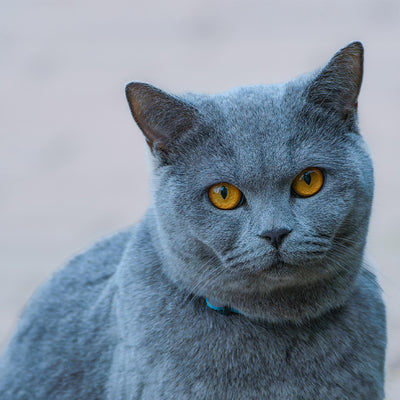
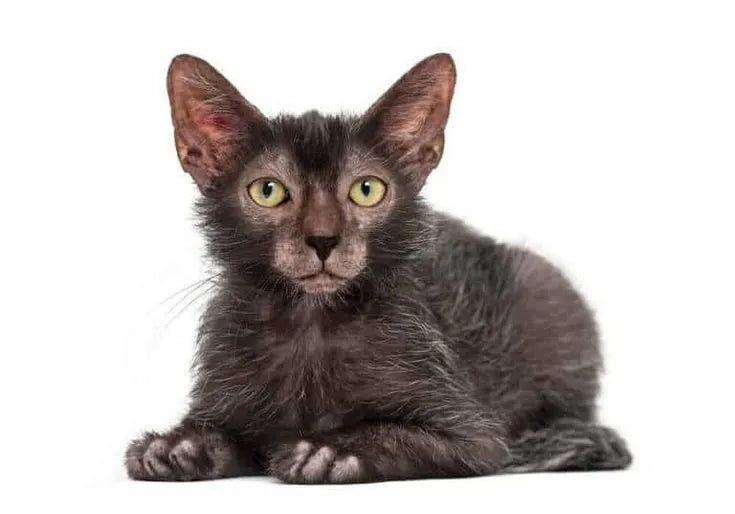
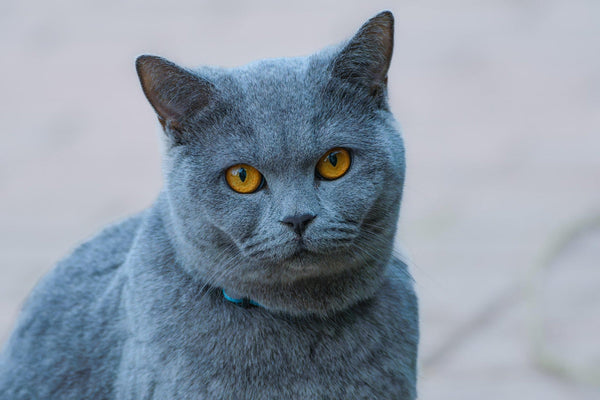
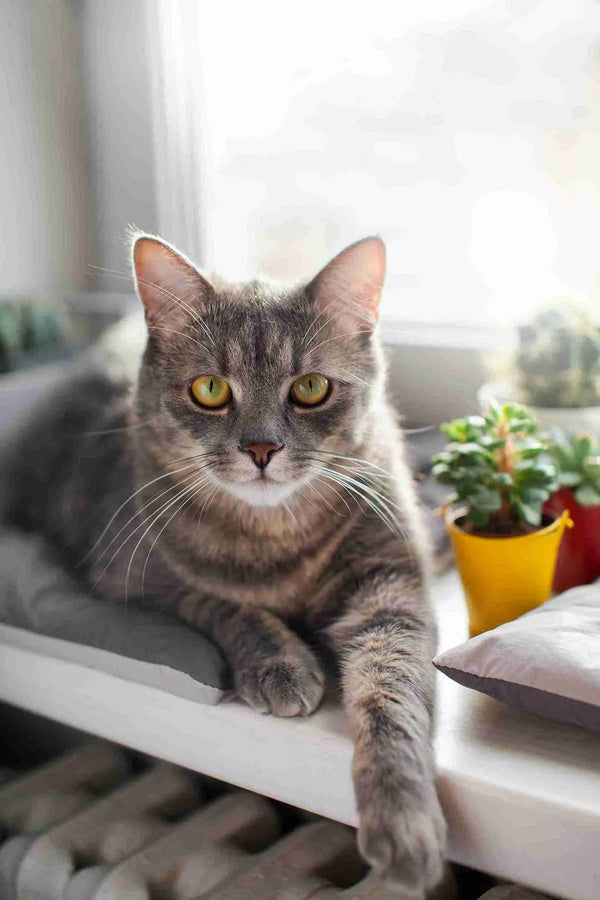
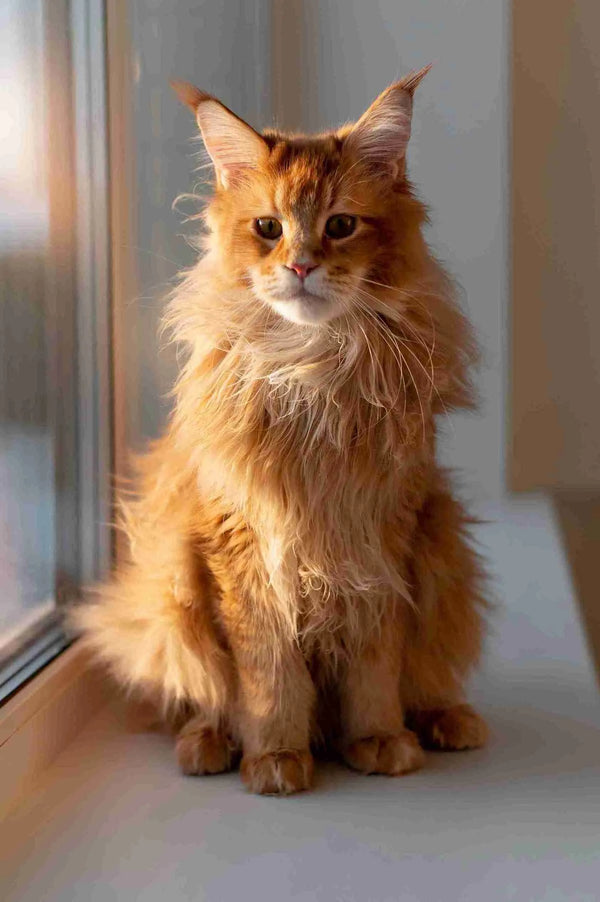
0 comments